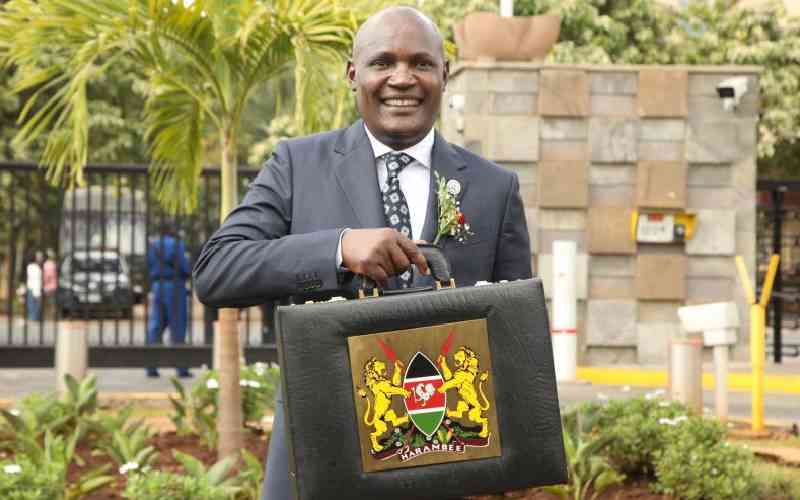Exit the Holy Father, enter the World Trade Organisation 10th Ministerial Conference (MC10). To crown it all, Nairobi will host the Tokyo International Conference on African Development and the XIV conference of the United Nations Conference on Trade and Development, which had earlier been scheduled for Lima, Peru.
The latter brings together more than 7,500 delegates who could inject over $40 million into the Kenyan economy. The MC10 outcome bears the greatest impact on African economies. WTO’s core mandate is to deal with rules of trade between nations by helping producers of goods and services, exporters and importers conduct their business of trade fairly in global markets that consist of rich and poor nations.







